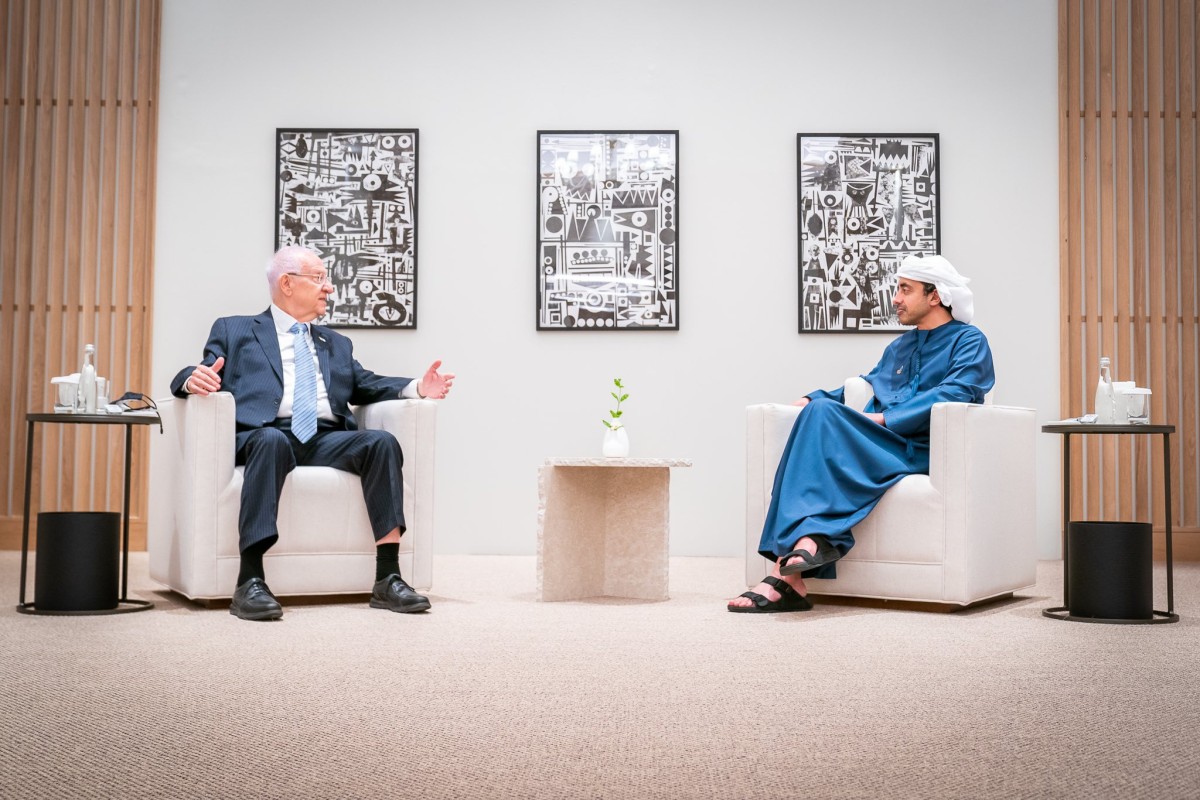Abdullah bin Zayed: The UAE will not support the day after the Gaza war without the establishment of a Palestinian state


Sheikh Abdullah bin Zayed Al Nahyan, Deputy Prime Minister and Minister of Foreign Affairs of the Emirates, confirmed that the UAE is not ready to support the next day of the war in Gaza without the establishment of a Palestinian state.
He said in a blog post on the “X” platform: “The UAE is not ready to support the next day of the war in Gaza without the establishment of a Palestinian state.”
Sheikh Abdullah bin Zayed Al Nahyan stressed, in previous statements, the importance of strengthening joint Arab action in facing the unprecedented challenges taking place in the region.
He stressed standing by the brotherly Palestinian people in light of the difficult humanitarian conditions they are experiencing under the Israeli occupation, noting that reaching a sustainable ceasefire constitutes an urgent priority during the current stage.
He pointed to the importance of creating a path to bring peace and consolidate security and stability in the region, which requires cooperation with all active parties in the international community to end extremism, tension and violence, and to find a serious and constructive political horizon for renegotiating with the aim of achieving comprehensive peace based on the “two-state solution.” .
He also called for the importance of intensifying efforts to prevent the expansion of the conflict in the region, and the necessity of providing protection for all civilians, preserving their lives, and providing an intensive, safe and sustainable humanitarian response to the Palestinian people, especially in Gaza.
He urged to ensure the urgent, intensive and safe delivery of humanitarian, relief and medical aid without any obstacles, to prevent further loss of life, and to avoid inflaming the situation in the occupied Palestinian territory.
The UAE always stresses its position in support of the establishment of a Palestinian state on the borders of June 4, 1967.
The UAE called for launching a credible peace process in the region on the basis of international legitimacy resolutions.
It confirms its continued efforts to play an effective regional role in restoring stability to the region. It also calls for the necessity of collective action and increased cooperation and coordination to confront the challenges facing the region.
It stresses the need to give priority to diplomatic efforts to resolve the crises taking place in the region, and to adhere to the two-state solution.